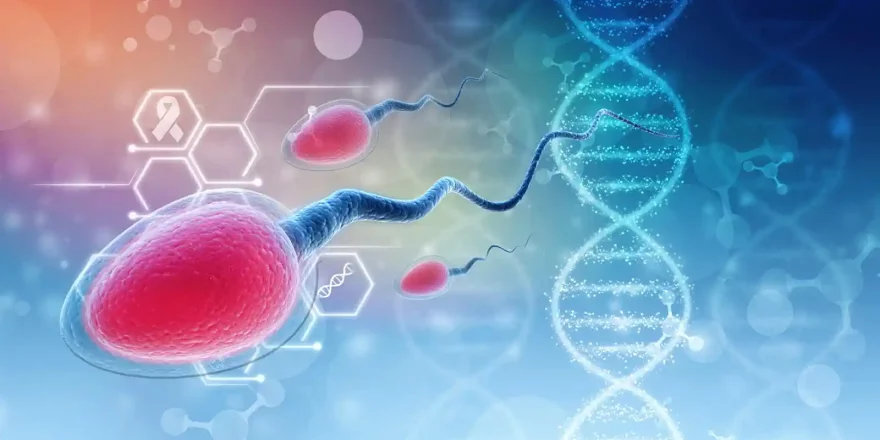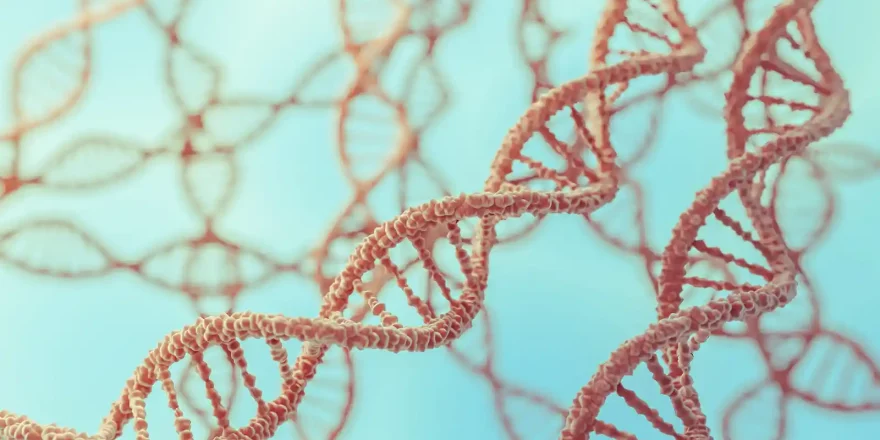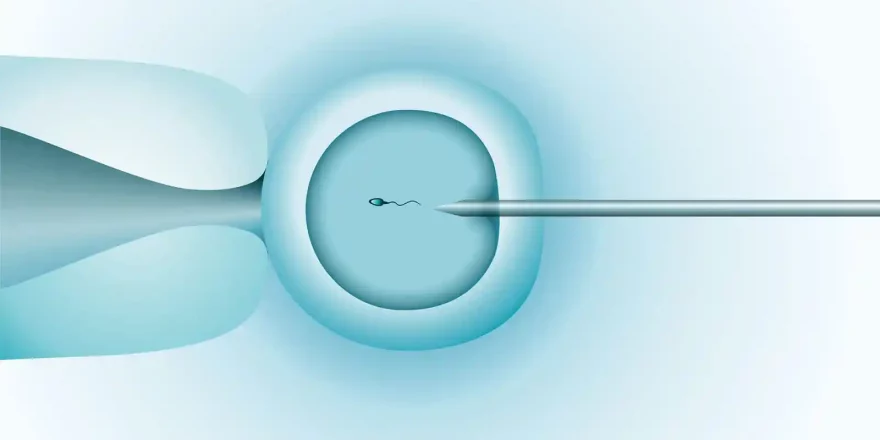Anti-sperm antibodies (ASAb) are a significant cause of infertility and affect between 9 and 36% of infertile couples i. They’re an immune response to sperm that tend to affect men more than women. The standard semen sample analysis can be extended to check for anti-sperm antibodies, and we recommend all men do this if possible.
Men and ASAb
The structure of the male sexual system is designed to keep a barrier between a man’s blood and his testes. This barrier is crucial as it prevents sperm (which are essentially abnormal cells with half normal cell DNA) from having direct contact with his immune system and triggering an acquired immune response.
If an acquired immune response develops, it produces antibodies that specifically seek sperm (ASAb). These antibodies are mainly in the mucous membranes of the urogenital tracts where sperm gather before ejaculation and they physically attach themselves to sperm. The sperm with the antibodies are effectively “disabled”, which makes it difficult for them to reach eggs and significantly reduces the chances of pregnancy:
- Over 50% of men with low sperm motility carry ASAb ii
- About 66% of men without live sperm carry ASAb iii
- Up to 70% of men who’ve had a vasectomy or a vasectomy reversal have ASAb iv
An ASAb test is a definite consideration for all men who’ve had physical trauma to their testes or the surrounding area, especially if they’re struggling to conceive.
Women and ASAb
Women can develop ASAb from a male partner who has them or develop them independently, and they’re not specific to one man’s sperm. ASAb can be located in the woman’s blood or cervical mucus, and affects female fertility in a variety of ways:
- The chances of a woman having ASAb rises with the number of male sexual partners she has v
- About 7% of women with infertility, implantation failures and recurrent miscarriage have antibodies to sperm vi
- Natural conception is harder for women with ASAb as many sperm become inactivated in the cervical mucus
- Women with ASAb are also more likely to have antiphospholipid antibodies
Tests and Treatments
Tests use either with the woman’s blood or the man’s semen. For men, the test involves the addition of a substance to the sample that only binds to ASAb-affected sperm, which gives the percentage of sperm with anti-sperm antibodies. The higher the ASAb level, the lower the chance of enough sperm reaching the egg.
Treatment options include a range of immune-suppressing drugs such as corticosteroids or cyclosporine or assisted reproductive techniques, including IUI, IVF or ICSI.
Medicinal herbal combinations offer relatively effective ASAb treatment with success rates of around 86% (38 patients). vii
ii “”Immunologically conditioned fertility disorders in men – Experience of the Immunobiological Department of the Institute for Maternal and Child Car“”, Madar j. et al., Ceska Gynekologie Dec:69. Supp. 1:15-20.2004
iii “”Immunologically conditioned fertility disorders in men – Experience of the Immunobiological Department of the Institute for Maternal and Child Car“”, Madar j, et al., Ceska Gynekologie Dec:69. Supp. 1:15-20.2004
iv “”Relationship between anti-sperm antibodies and testicular histologic changes in humans after vasectomy“, Jarow JP et al., Urology. 43(4):521-4, 1994
v “Reproductive failure and antisperm-antibody production among prostitute“, Bahraminejad R et al., Acta Obstetrica et Gynaecologica Scandinavica. 70(6): 483-5. 1991
vi “Evaluation of antisperm antibodies in infertile couples with immunobead test: Prevalence and prognostic value”, Busacca M et al., ACTA Europaea Fertilitatis. 20 “”):77-82 1989
vii Dr Trevor Wing lecture notes from his clinical audit at The Women’s Natural Health Clinic, London. 2011




